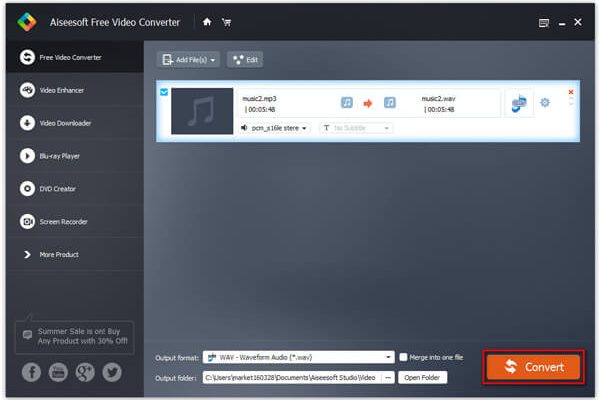Pros and Cons of Prepaid Cell Phone Plans

When it comes to choosing a mobile phone plan, prepaid options are becoming increasingly popular. Prepaid plans are often cheaper than their postpaid counterparts and offer greater flexibility. However, as with any choice, there are pros and cons to consider. In this article, we’ll explore the advantages and disadvantages of prepaid cell phone plans.
Pros of Prepaid Cell Phone Plans
1. No Contract
One of the most significant advantages of prepaid plans is that they don’t require you to sign a contract. Instead, you pay for your service in advance, and you’re free to leave whenever you want. This flexibility makes it easy to switch providers if you’re unhappy with your service or want a better deal.
2. Cost Savings
Prepaid plans are often cheaper than postpaid plans. This is because you’re not paying for a subsidised phone or for bills you’ve already incurred, such as overages or roaming fees. You only pay for what you use, which means you can save money if you’re on a tight budget.
3. No Credit Check
With prepaid plans, there’s no need for a credit check. This means that individuals with poor credit or no credit history can still have their own mobile phone service. Also, you won’t have to worry about your credit score being impacted by any missed payments or late fees.
4. No Surprises
With prepaid plans, you pay for your service upfront, so there are no hidden fees or surprises. You’ll always know exactly what you’re paying for, and you’re less likely to be hit with unexpected charges, which is excellent for people who want to keep their budget on track.
Cons of Prepaid Cell Phone Plans
1. Limited Data
Prepaid phone plans often come with limited data. Plans with unlimited data aren’t typically available, so if you’re a heavy data user, you may find yourself running out of data before the end of the month.
2. Limited Phone Selection
Many prepaid plans don’t offer the same selection of phones as postpaid plans. If you’re interested in the latest high-end smartphones, you may struggle to find them with a prepaid plan.
3. Pay As You Go
With prepaid plans, you need to make sure you have enough money available for your service before you can make a call or send a text. If you forget to top up your balance, you risk not being able to use your phone when you need it most.
4. No Free Upgrades
Unlike postpaid plans, prepaid plans don’t come with the same upgrade opportunities. If you want to upgrade your phone, you’ll typically need to pay for it upfront, which could be expensive.
In conclusion, prepaid cell phone plans offer a great deal of flexibility and can be a cost-effective option for individuals on a budget or with poor credit history. While there are some disadvantages, such as limited data and phone selection, these may be outweighed by the cost savings and lack of contract requirements. Ultimately, it comes down to individual priorities and how much you’re willing to pay for your mobile service.





